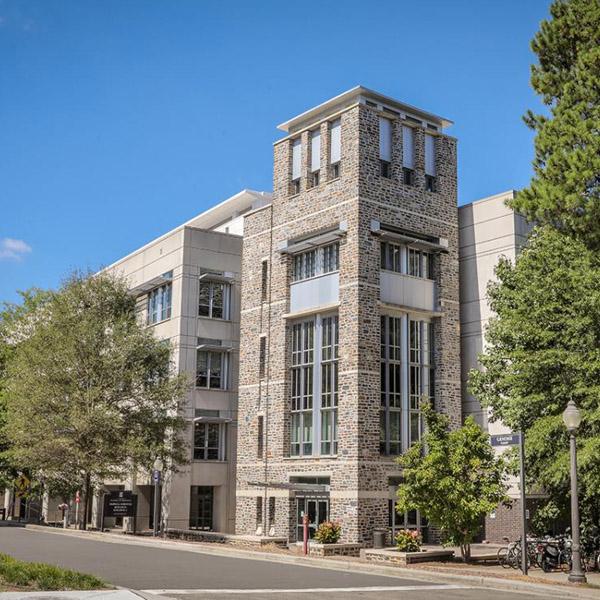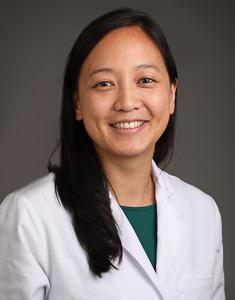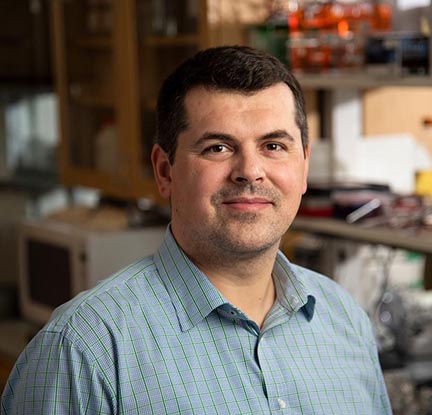2023 Borden Scholars Award Recipients

Congratulations to Dr. Joyce Hwang, Postdoc in the Azoitei and Haynes labs, who recently received the 2023 Borden Scholars award for her “Enhancing Natural Killer Cell Anti-Tumor Activity by anti-HLA-E/VL9 Antibodies” project, worth $50,000 for a 12-month period. The Duke University School of Medicine invited partnership applications from Duke faculty and postdoctoral fellows to explore innovative approaches to harness the immune system to combat cancer. This opportunity was made possible through a generous philanthropic gift from Dr. Ernest and Louise Borden.

Dr. Hwang is a second-year hematology fellow in the Duke Hematology T32 program, conducting research at the DHVI under the mentorship of Drs. Mihai Azoitei and Barton Haynes. Dr. Azoitei will serve as the primary mentor for this award. For the program, areas of focus include, but are not restricted to, immune checkpoint inhibitors, innovative research in tumor evasion, and novel approaches to cell therapy.
About Drs. Azoitei and Hwang
Dr. Hwang completed her MD and PhD degrees at Harvard University and her Internal Medicine residency at Duke. She is currently a second-year hematology-oncology fellow at Duke and is in her first year as a post-doctoral fellow within the Azoitei and Haynes labs. Within the lab she is currently characterizing a natural killer cell immune checkpoint mediated by NKG2A/CD94 and HLA-E molecules which they anticipate is important in viral and tumor immunity. “The Borden Scholarship will help greatly to fund a key component of the work which is to test for restraint of tumor growth by blockade of HLA-E in vivo,” says Hwang.

Dr. Azoitei obtained his bachelor’s in biochemistry and computer science from Middlebury College (Middlebury, Vermont) and his PhD in biochemistry from the University of Washington (Seattle, Washington), where he worked in the group of Dr. William Schief. He then completed postdoctoral studies in the lab of Dr. Klaus Hahn in the Department of Pharmacology at the University of North Carolina at Chapel Hill before joining Duke University and the Duke Human Vaccine Institute as an Assistant Professor in 2018. “Proteins are the building blocks of life and manipulating their function holds immense promise to uncover fundamental biological processes and develop novel therapeutics,” says Azoitei. The Azoitei group aims to harness recent advances in protein engineering methods to develop vaccines against pathogens that seriously threaten human health.